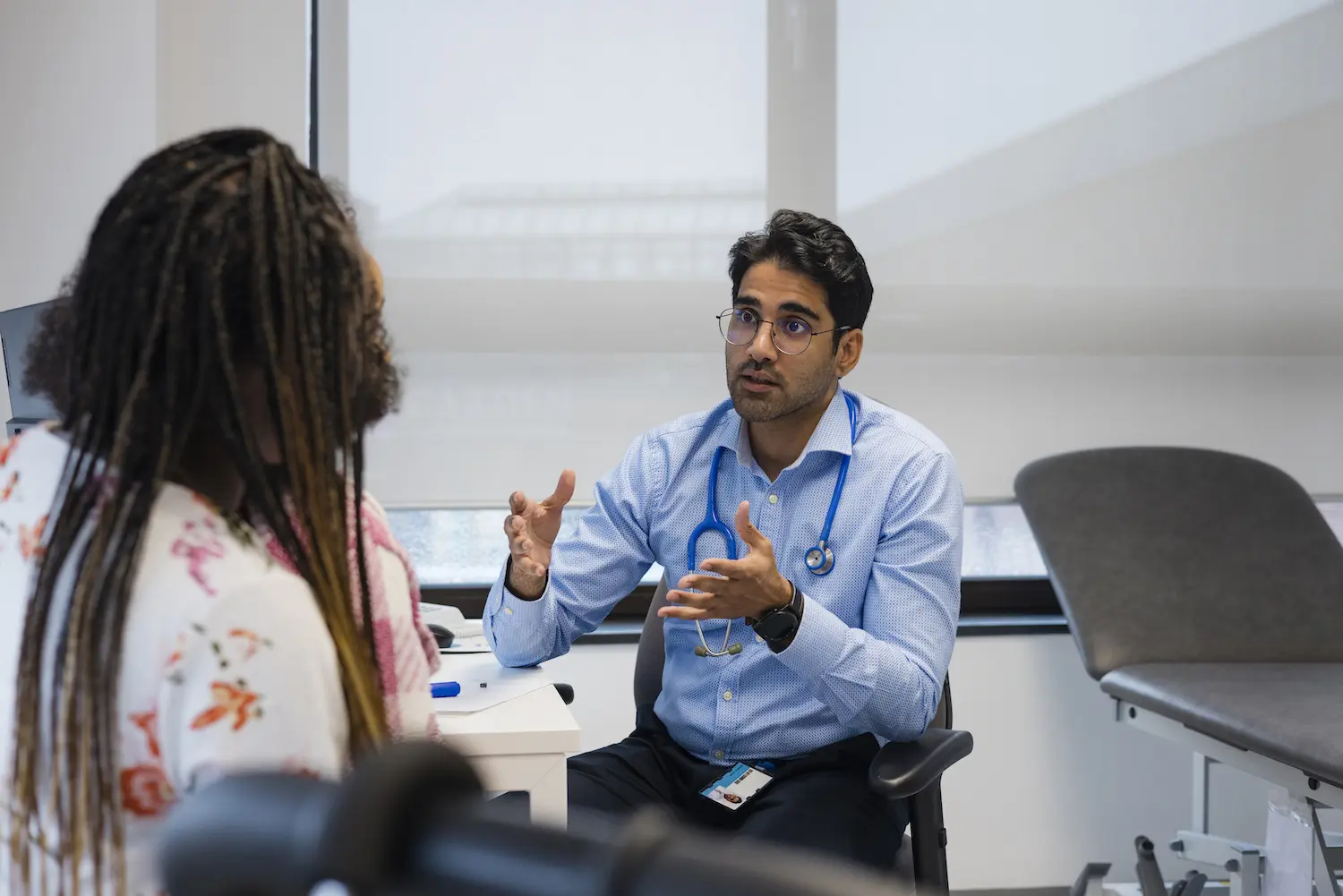Improving MDT collaboration and communication
by Nick Mayhew, Chief Marketing & Sales Officer
Having spoken to multiple clinicians across the NHS and private sector we recognise that multidisciplinary team (MDT) meetings are still an essential part of managing care for patients with complex conditions. However, ensuring those MDTs are as efficient as possible is a becoming a significant concern for those clinicians and for the wider managerial and administrative teams.
Overburdened MDTs are creating a bottle neck in the system and we know that a 4-week delay in treatment leads to increases in mortality across all common forms of cancer. Whilst 71.9% of trusts are meeting faster diagnosis standards for cancer, improvements still need to be made to meet national targets.
Equally, NHS MDT meetings cost an estimated £130 million per year, and with each meeting lasting between two and four hours each, they take up nearly 12 million hours of consultant time.
The current state of MDTs – findings from our Roundtable
Last month the team at Feedback Medical hosted a roundtable discussion at the NHS Oncology event to understand some of the key challenges associated with the management of MDTs and how we can support healthcare organisations with transforming MDTs for cancer through our Bleepa® platform.
We heard valuable insights from experts across the country, including service managers, programme directors, clinical oncologists and cancer MDT coordinators, to get a better picture of the current process for handling MDTs and what a better, more effective MDT could look like.
A clear story emerged during the roundtable that MDT meetings focus on too many patients, last too long, and struggle to provide the meaningful outcomes they were designed for due to a lack of the right patient data being available to discuss the cases.
In one example, a participant told us that, following the covid-19 pandemic, patient numbers had increased from 80 to 120 patients per meeting, reaching levels they described as “unsustainable”.
This includes many patients that the roundtable attendees agreed did not need to be discussed via an in-person MDT and could have been triaged with better processes for exclusion and inclusion, freeing up time for the more complex cases that really need discussion.
Additionally, our participants highlighted a need for tools to help discuss patient cases across clinical teams flexibly whilst working across hospital sites or remotely, in cases where in- person MDTs were unnecessary.
Although digital innovations can help improve MDTs, referral processes are still handled largely via email, and, in some cases, participants reported that MDT co-ordinators might lack the training or seniority to challenge which patients are being included in these meetings.
Missing pieces – an end-to-end view
Additionally, many participants highlighted situations where patient cases were rolled over due to key information missing – resulting in longer, unnecessary waits for patients. The ability to view the relevant data alongside the clinical discussion and, in particular, to have an end-to-end view of the patient pathway, with side-by-side views of the imaging to track deterioration or growth, was highlighted as a valuable addition that would improve MDT discussions.
Whilst tools like the Somerset Cancer Register, developed for the NHS by Somerset NHS Foundation Trust, have helped provide a source for collecting data for cancer patients, any tool to manage the MDT process must also integrate with or be able to pull together that data in order to avoid this issue and wasted time at MDT meetings.
Beyond the significant work that goes into co-ordinating them and the MDT meetings themselves, these meetings can produce a great deal of further admin work, our participants reported. This is largely due to poor or challenging processes to capture discussions, decisions and outcome forms for patients that can then be pushed back out to clinical teams or incorporated into electronic patient records.
What do we need to make an effective MDT tool for cancer?
From this discussion it was clear that there was no tool yet that provided the end-to-end approach for more efficient, effective MDT working. Further development is needed to better manage which patients do and don’t need to be included, provide a holistic view of those patient cases as they are discussed, and capture all discussion and decisions made as part of the patient record.
Following the roundtable, we have continued the conversation with our participants and opened discussions with other stakeholders to continue to develop our understanding of how we can support truly effective MDT working.
We look forward to sharing our further insights from these discussions.
If you’d like to be involved in our MDT transformation or discuss how Bleepa® can support your MDTs, we’d love to hear from you; get in touch via email to nick.mayhew@fbkmed.com.
